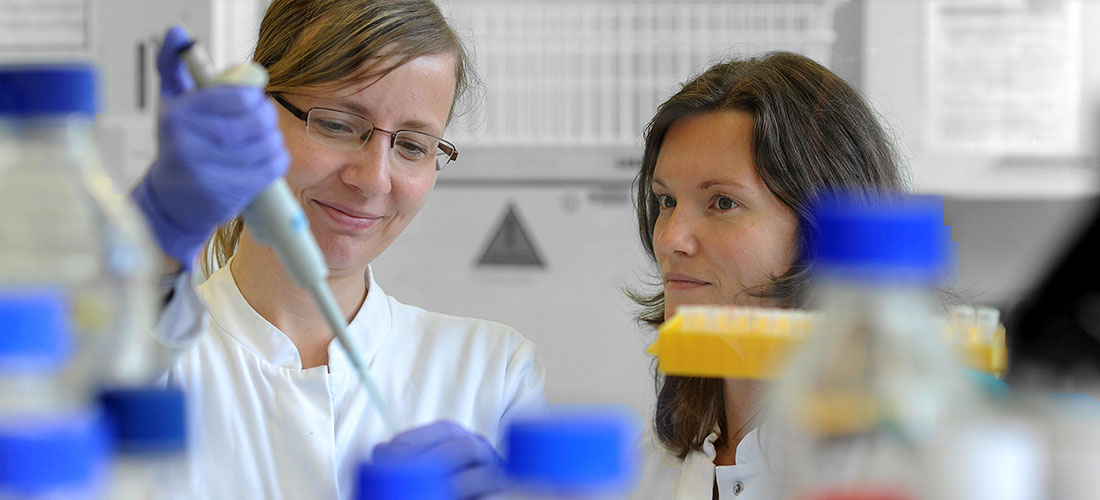Prof. Dr. med. Michael Sigal

Charité – Universitätsmedizin Berlin
Medizinische Klinik m.S. Hepatologie und Gastroenterologie
13353 Berlin
Campus- bzw. interne Geländeadresse:
Mittelallee 11
https://hepatologie-gastroenterologie.charite.de/metas/person/person/address_detail/sigal/
Tel: +49 30 450 553 902
University Education
- 2006 - 2010 Studium der Humanmedizin, Universität Rostock
Professional Experience (selection)
- 2012-2013 Will Foundation fellow, research stay in the laboratory of Prof. M. Amieva, Stanford University School of Medicine, CA, USA
- 2013-2015 DFG fellow, research stay in the laboratory of Prof. M. Amieva, Stanford University School of Medicine, CA, USA
- 2015-2016 Research fellowship at the Max Planck Institute for Infection Biology, Berlin and resident in the Department of Medicine m. S. Hepatology and Gastroenterology incl. Division of Metabolic Diseases, CVK
- 2016-2019 Visiting Scientist at the Max Planck Institute for Infection Biology, Berlin
- 2019-2025 DFG Emmy Noether Program, senior physician/research group leader
- 2020-now Co-affiliated group leader at Berlin Institute for Medical Systems Biology (BIMBS), MDC Berln
Research Fields
Our lab studies the gastrointestinal (GI) tract’s epithelium, cells lining the stomach and intestine that provide a critical barrier between our bodies and the outside world.
We are particularly interested in how the regeneration process works, and how interactions with regular microbiota and infectious bacteria contribute or throw off the process, ultimately leading to infammation, gut dysfunction or cancer.
Most important Awards, Grants or Scientific Achievements
- 2011: PhD Award of the Society of Internists of Mecklenburg-Vorpommern (Therapeutic potential of darbepoetin-alpha in a murine model of cholestatic liver injury)
- 2014: Top Abstract Prize, United European Gastroenterolog
- 2019: Thannhauser Award, German Society of Gastroenterology (DGVS)
- 2020: UEG "Rising Star" Award, United European Gastroenterology
Selected References
- Harnack, C., Berger, H., Antanaviciute, A., Vidal, R., Sauer, S., Simmons, A., Meyer, T. F., & Sigal, M. (2019) "R-spondin 3 promotes stem cell recovery and epithelial regeneration in the colon." Nature communications, 10(1), 4368.
- Sigal, M., Reinés, M., Müllerke, S., Fischer, C., Kapalczynska, M., Berger, H., Bakker, E., Mollenkopf, H. J., Rothenberg, M. E., Wiedenmann, B., Sauer, S., & Meyer, T. F. (2019) "R-spondin-3 induces secretory, antimicrobial Lgr5+ cells in the stomach." Nature cell biology, 21(7), 812–823.
- Morey, P., Pfannkuch, L., Pang, E., Boccellato, F., Sigal, M., Imai-Matsushima, A., Dyer, V., Koch, M., Mollenkopf, H. J., Schlaermann, P., & Meyer, T. F. (2018) "Helicobacter pylori Depletes Cholesterol in Gastric Glands to Prevent Interferon Gamma Signaling and Escape the Inflammatory Response." Gastroenterology, 154(5), 1391–1404.e9.
- Sigal, M., Logan, C. Y., Kapalczynska, M., Mollenkopf, H. J., Berger, H., Wiedenmann, B., Nusse, R., Amieva, M. R., & Meyer, T. F. (2017) "Stromal R-spondin orchestrates gastric epithelial stem cells and gland homeostasis." Nature, 548(7668), 451–455.
- Sigal, M., Rothenberg, M. E., Logan, C. Y., Lee, J. Y., Honaker, R. W., Cooper, R. L., Passarelli, B., Camorlinga, M., Bouley, D. M., Alvarez, G., Nusse, R., Torres, J., & Amieva, M. R. (2015) "Helicobacter pylori Activates and Expands Lgr5(+) Stem Cells Through Direct Colonization of the Gastric Glands." Gastroenterology, 148(7), 1392–404.e21.



